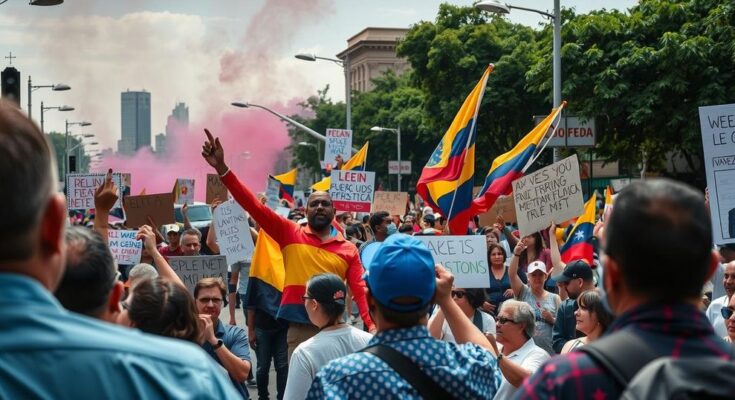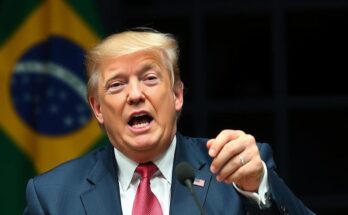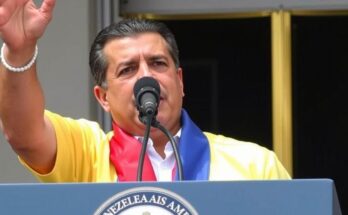Protests have intensified in Colombia and Venezuela during recent presidential inaugurations, reflecting public discontent with the elected leaders. Demonstrators are confronting issues such as economic instability and political repression, leading to increased security measures by the authorities.
In recent days, significant protests have erupted in Colombia and Venezuela surrounding the presidential inauguration events in both countries. Thousands of demonstrators took to the streets, expressing their opposition to the newly elected leadership. The atmosphere was charged, with protesters voicing concerns over economic turmoil and political repression, which they contend are detrimental to democratic processes. Authorities responded to the demonstrations with increased security measures and public statements urging calm. This unrest reflects deep-seated frustrations among citizens regarding governance and national direction in both nations.
The protests are rooted in a complex historical context characterized by strained political relations and economic hardship. Both Colombia and Venezuela have experienced political upheaval, which has exacerbated issues such as poverty, unemployment, and dissatisfaction with political representation. The inauguration of new leaders typically serves as a flashpoint for civic unrest, particularly in environments where trust in institutions is low. Understanding these dynamics is essential for comprehending the events leading to the protests in both countries.
The protests occurring during the inaugurations in Colombia and Venezuela underscore the citizens’ discontent with the current political climate. The demonstrators demand accountability and a reversal of policies they believe threaten their rights and livelihoods. As tensions rise, the governments must navigate these challenges carefully to restore public trust and address the underlying grievances driving these uprisings.
Original Source: www.chronicleonline.com




